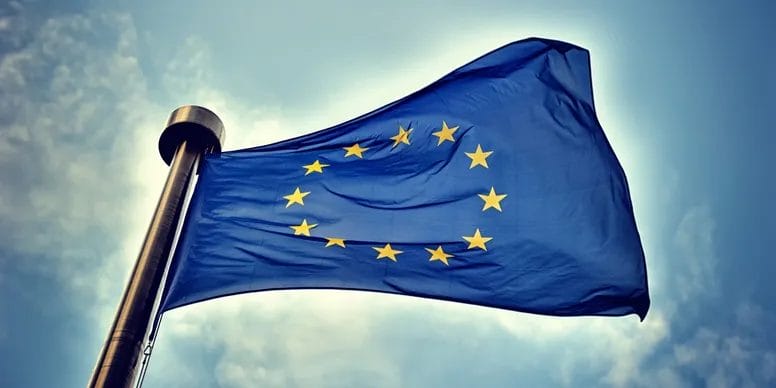
This week, elections for the European Parliament will take place all across the continent, on different days. (This will however be a small undertaking when compared to the complexity of the 7 stages of the ongoing Indian elections). While the EU parliament still has limited powers compared to national parliaments, it does have the power to approve or reject the next EU Commission President. The EU Commission proposes, together with the Council, the vast majority of the legislation in place in EU member states. A rejection by the EU parliament therefore provides a strong political signal to national governments, potentially influencing their negotiations for the composition of the EU executive branch.
The European political landscape is slightly less fragmented than are those of its national components. Parties are required to gather MEPs from at least seven countries in order to form a political group in the EU parliament. This forces MEPs to make compromises in order to be part of a group. In the EU parliament, MEPs belong to one of the following groups: radical left (the Left), Socialists and Democrats (S&D), Greens, Liberals, Christian Democrats (EPP), Conservatives and Reformists (ECR), and radical right (Identity and Democracy, ID). Traditionally, the governing coalition derives from a cohabitation of the EPP and S&D. In 2019, the coalition was enlarged to include the Liberals (Renew Europe) led by Macron.
For the next parliament, the big political bet is the attempt by right-wing parties to form a centre-right coalition with the EPP, pushing S&D and Liberals into the opposition. According to the latest polls, this seems unachievable; it is much more likely that we will see a repetition of the previous coalition with EPP, S&D and Liberals.
After the election Ursula Von Der Leyen herself became Commission President instead of Manfred Weber, the Spitzenkandidat of the EPP back then. Who is going to be the president of the Commission that will grant this political equilibrium? According to the method of the Spitzenkandidaten, the leader of the party that gets the most votes in European Parliament become the Commission President. So in theory it should be Ursula Von Der Leyen again. However, in 2019 things didn’t go that way.
However, the EPP would like to re-balance the coalition towards the right side of the political spectrum, to make sure that the next Commission does not become hostage of the votes of the Greens and the extreme Left. For this reason, Von Der Leyen would like to receive the votes from at lest one component of the ECR, the one led by Giorgia Meloni, the Italian Prime Minister. A valid argument the EPP is making is the following: while the European parliament is moving progressively towards the right, the majority expressed by this parliament has been increasingly “progressive”, because the right-wing parties (led by Marine Le Pen, Matteo Salvini, Santiago Abascal, etc.) are considered “unelectable” for their extreme and anti-European views. This fracture between the “will of the people” who elected those right-wing leaders, and representation at the EU level, risks becoming pathological, and it will eventually lead to a deep political and institutional crisis.
However, French President Macron and German Chancellor Scholz have warned Von Der Leyen that if she insists on seeking votes from right-wing parties, she may not get re-appointed as Commission President, and she may suffer the same fate that Weber faced five years ago. A possibility therefore is that Von Der Leyen will get re-appointed but then her Commission will be voted down by the EU parliament, opening a political crisis of vast proportions that could lead to new political scenarios difficult to imagine at this stage.
In any case, it is obvious that the EU, with two wars at its doorstep, is about to face an existential challenge. The result of the next EU parliamentary elections could be the trigger for it.